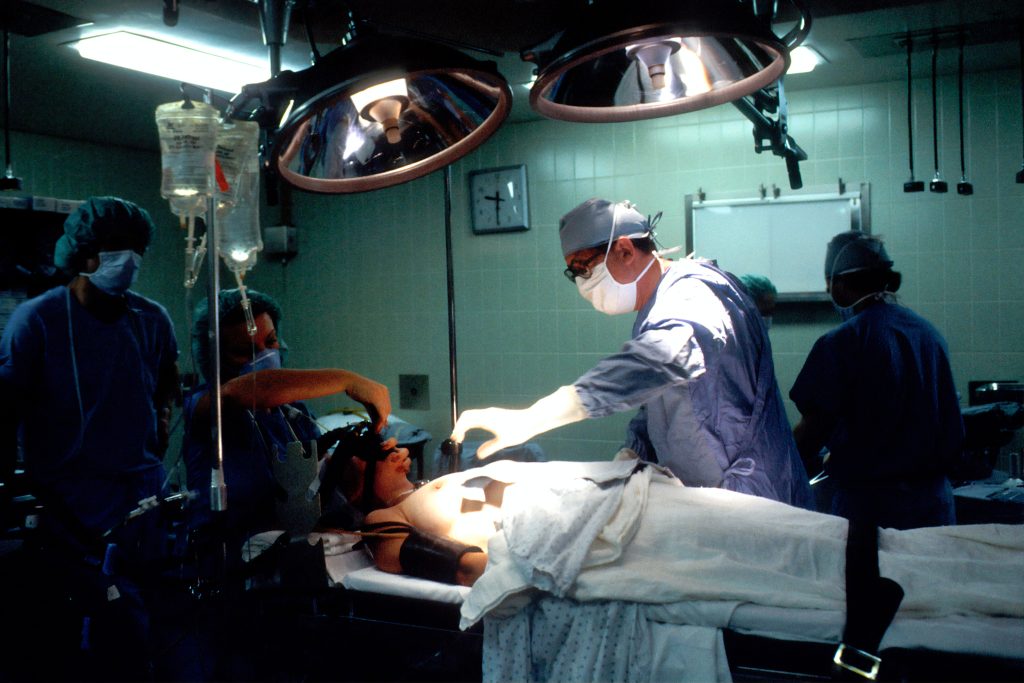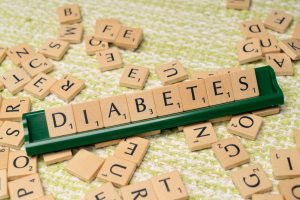In the intricate tapestry of human health. Colon cancer stands out as a formidable adversary, silently lurking within the depths of the digestive system. Often shrouded in a veil of stigma and misconceptions. This insidious disease holds the power to disrupt lives and challenge the very essence of well-being. Yet, amidst the shadows, a beacon of hope shines brightly – the promise of early detection and the potential for successful treatment.
The Colon: A Vital Link in the Digestive Chain
The colon, a crucial component of the large intestine, plays a pivotal role in maintaining optimal health. It diligently absorbs water and nutrients from food remnants, transforming them into a compact, waste material known as stool. The final stretch of this intricate digestive pathway, the rectum, serves as a temporary storage chamber, awaiting the opportune moment to expel the processed material.
The Genesis of Colon Cancer: A Cellular Insurrection
Within the tranquil confines of the colon, a silent rebellion can unfold. Normal cells, once obedient to the body’s intricate regulatory mechanisms, embark on a path of uncontrolled growth. These rebellious cells, defying the laws of order, accumulate, forming abnormal growths known as polyps. While some polyps remain benign, others harbor the potential to transform into malignant entities – colon cancer.

The Silent Menace: Recognizing the Signs of Colon Cancer
In its early stages, colon cancer often remains cloaked in secrecy, concealing its presence behind a veil of normalcy. However, as the disease progresses, it may unveil its presence through a constellation of symptoms:
- Blood in the stool: A stark reminder of the disease’s presence, blood in the stool, whether bright red or dark, demands immediate attention.
- Bowel Habit Disruptions: The delicate rhythm of bowel movements can be thrown into disarray, with diarrhea, constipation, or a persistent urge to defecate, even when nothing emerges.
- Abdominal Pain: A persistent ache or discomfort in the abdomen can signal the disease’s insidious presence.
- Unexplained Weight Loss: A dwindling weight, seemingly without cause, can serve as a warning sign.
- Fatigue: An overwhelming sense of tiredness, hindering daily activities, can hint at the disease’s underlying presence.
The Dance of Risk Factors: Unveiling the Predispositions
While the exact causes of colon cancer remain shrouded in mystery, certain factors increase the likelihood of developing this formidable foe:
- Age: As the years accumulate, the risk of colon cancer ascends, particularly after the age of 50.
- Family Ties: A genetic predisposition, woven into the fabric of family history, can elevate the risk of colon cancer.
- Polyps’ Legacy: A personal history of polyps, benign growths in the colon, casts a shadow of increased risk.
- Inflammatory Bowel Disease: When the colon endures chronic inflammation, as in Crohn’s disease or ulcerative colitis, the risk of colon cancer intensifies.
- Lifestyle Choices: Habits such as smoking, consuming red and processed meats, and maintaining an unhealthy weight contribute to the risk of colon cancer.

Early Detection: A Beacon of Hope
Early detection of colon cancer stands as a lifeline, offering the potential for successful treatment and extending lives. By identifying polyps before they morph into malignancy, early screening transforms a silent menace into a manageable challenge.
A Spectrum of Screening Options: Tailored to Individual Needs
A diverse array of screening options empowers individuals to choose the approach that best suits their needs and preferences:
- Colonoscopy: A meticulous examination of the colon’s interior. Conducted using a long, flexible tube with a camera, allows for the detection and removal of polyps.
- Stool Tests: These non-invasive tests, such as the fecal occult blood test (FOBT) and the fecal immunochemical test (FIT). Detect microscopic traces of blood in the stool, signaling the need for further evaluation.
- CT Colonography: This advanced imaging technique employs a CT scan to create detailed images of the colon. Enabling the detection of polyps and abnormalities.
Breaking the Stigma: Dispelling Misconceptions and Embracing Prevention
Despite the life-saving potential of early screening, a stigma often clings to colon cancer, deterring individuals from seeking timely detection. Embarrassment, misconceptions, and fear of the procedure often serve as barriers to prevention. It is crucial to dispel these myths and foster an environment where open dialogue and early detection are embraced.
Empowering Informed Decisions: A Dialogue Between Patient and Physician
The journey towards colon cancer prevention begins with an open and honest dialogue between patient and physician. Sharing a detailed medical history, discussing risk factors, and understanding the various screening options empower individuals.
Sources:
- Collins, B. S., Hollander, R. B., Koffman, D. M., Reeve, R., & Seidler, S. M. (1997). Women, Work and Health: Issues and implications for Worksite Health promotion. Women & Health, 25(4), 3–38. https://doi.org/10.1300/j013v25n04_02
- Clarke, J. N., & Everest, M. M. (2006). Cancer in the mass print media: Fear, uncertainty and the medical model. Social Science & Medicine, 62(10), 2591–2600. https://doi.org/10.1016/j.socscimed.2005.11.021
- School Posters Presented at the 120th Annual Meeting of the American Association of Colleges of Pharmacy, Chicago, Illinois, July 13-17, 2019. (2019). The American Journal of Pharmaceutical Education, 83(5), 7626. https://doi.org/10.5688/ajpe7626







